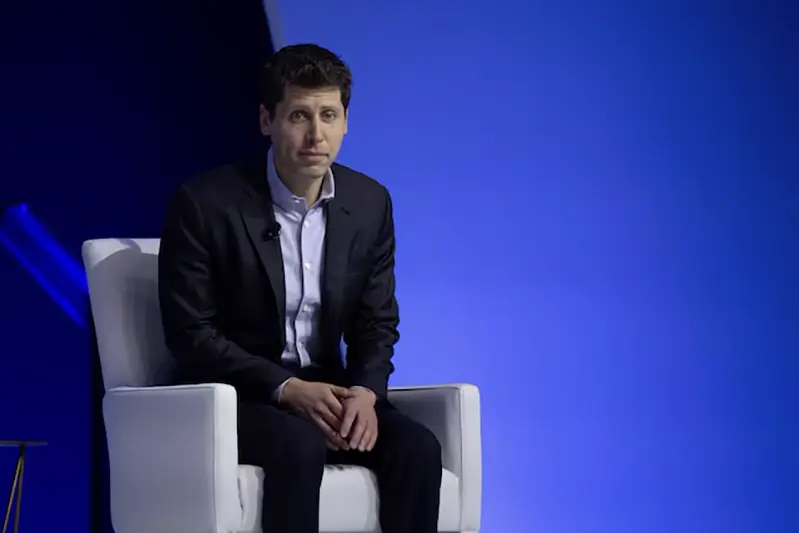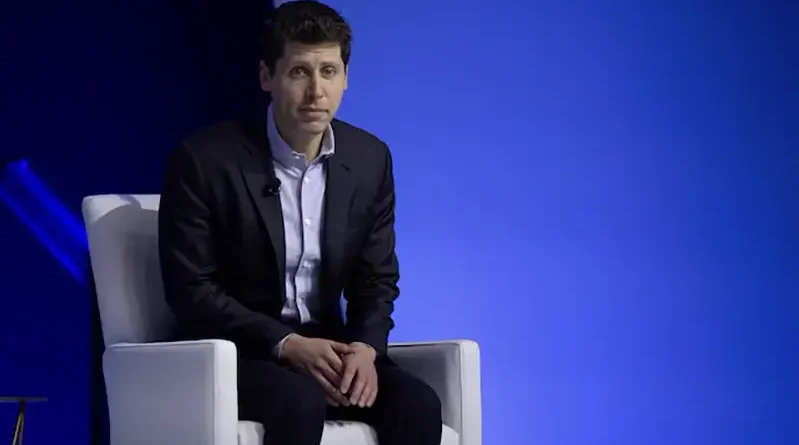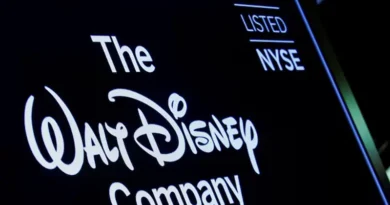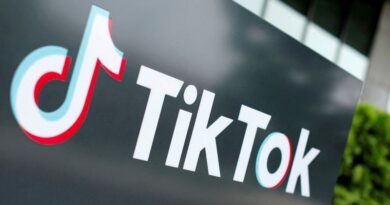OpenAI Chair Discusses Equity Compensation for CEO Sam Altman
September 26, 2024 – 1:36 PM PDT

(Reuters) – OpenAI Chair Bret Taylor said on Thursday the company’s board has discussed whether to compensate CEO Sam Altman with equity but no decision has been made.
Advertisement
In a statement, Taylor said no specific figures have been discussed for any equity compensation for Altman.
Reuters reported on Wednesday that OpenAI was working on a plan to restructure its core business into a for-profit benefit corporation and that Altman would receive equity for the first time in the for-profit company.
Altman, who cofounded the company in 2015, has not taken a stake in OpenAI up to this point. Already a billionaire from his multiple startup investments, Altman has previously stated that he chose not to take shares in OpenAI because the board needed a majority of disinterested directors with no stake in the company.
Chief Technology Officer Mira Murati and senior research executives Barret Zoph and Bob McGrew abruptly announced their departures from the company on Wednesday. Speaking at a conference in Italy on Thursday, Altman denied that there was any link between the personnel changes and the restructuring.
OpenAI is in talks with investors to raise $6.5 billion. Expected backers include venture capital firms Thrive Capital and Khosla Ventures, as well as public companies Microsoft (MSFT.O), Nvidia (NVDA.O) and Apple (AAPL.O).
Reuters reported that the company’s potential $150 billion valuation is contingent on whether it succeeds in executing a corporate restructure, which would also entail the removal of a cap on returns for investors.
The proposed for-profit entity would no longer be controlled by the non-profit’s board, which currently governs OpenAI and was responsible for Altman’s brief ouster from the company last November. The non-profit will continue to exist and own a minority stake in the for-profit company, the sources said.
Reporting by Krystal Hu in San Francisco; Editing by Will Dunham
Advertisements below



